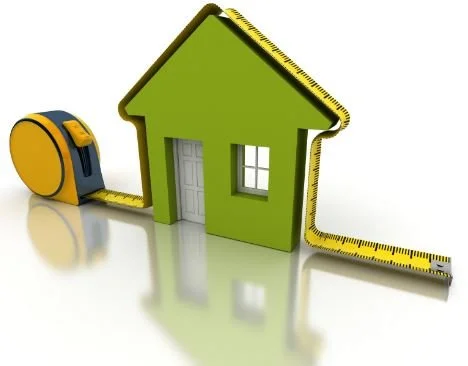As winter fades and the days grow longer, many homeowners are eager to welcome the warmth of spring. The snow-covered rooftops and glistening icicles that once defined the season are slowly melting away. While the sight of icicles may have been charming in the heart of winter, they often signal an issue that shouldn't be ignored—even as the season changes.
WHY DO ICICLES FORM? Icicles form when snow on your roof melts and refreezes as it flows to the cooler edges of your roofline. While this may seem natural, the underlying cause is often insufficient insulation or poor ventilation in your attic. Heat from your home escapes through the roof, warming the snow and causing it to melt. When the melted water reaches the eaves, where temperatures are colder, it refreezes into icicles.
WHAT ARE THE HIDDEN DANGERS? Beyond being a potential hazard if they fall, icicles are a telltale sign of ice dams. Ice dams occur when melted snow refreezes and creates a blockage, preventing water from properly draining off your roof. This trapped water can seep under shingles and into your home, causing: WATER DAMAGE TO CEILINGS AND WALLS; MOLD AND MILDEW GROWTH and STRUCTURAL ISSUES. These problems not only compromise your home’s integrity but can also lead to costly repairs.
HOW CAN I PREVENT ICICLES AND ICE DAMS? Even though winter is coming to an end, taking action now can help prevent issues next season. Here’s how:
Inspect Your Insulation: Ensure your attic is well-insulated to prevent heat from escaping through the roof. Adding insulation where needed can significantly reduce heat loss.
Seal Air Leaks: Look for gaps around vents, chimneys, and other openings that allow warm air to escape into the attic. Use caulk or weatherstripping to seal these leaks.
Improve Ventilation: Proper attic ventilation helps maintain a consistent temperature, preventing warm air from accumulating and melting the snow on your roof.
Clear Your Gutters: Clean gutters and downspouts allow melted snow to drain properly, reducing the risk of ice dams.
Plan for Next Winter: Now is the perfect time to evaluate your home’s insulation and roofing before the next snowfall. Addressing these issues during warmer months can prevent future problems.
DO I NEED TO CALL A PROFESSIONAL? If icicles and ice dams have already caused damage, it may be time to consult a professional. A roofing contractor or insulation specialist can assess your home’s needs and provide targeted solutions. Additionally, if water damage has already occurred, a professional can help mitigate and repair the damage before it worsens.
Winter may be ending, but that doesn’t mean you should ignore the warning signs left behind. By addressing insulation and ventilation issues now, you can enjoy a cozy, energy-efficient home next winter while avoiding costly damage. So, as the last icicles drip away, take the opportunity to prepare your home for the seasons ahead.


















